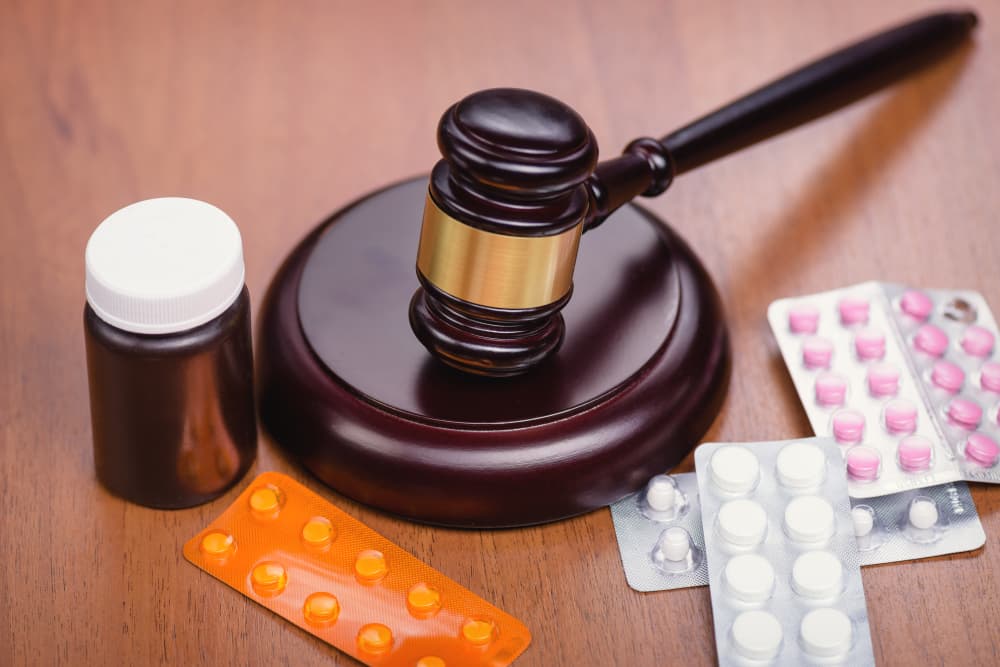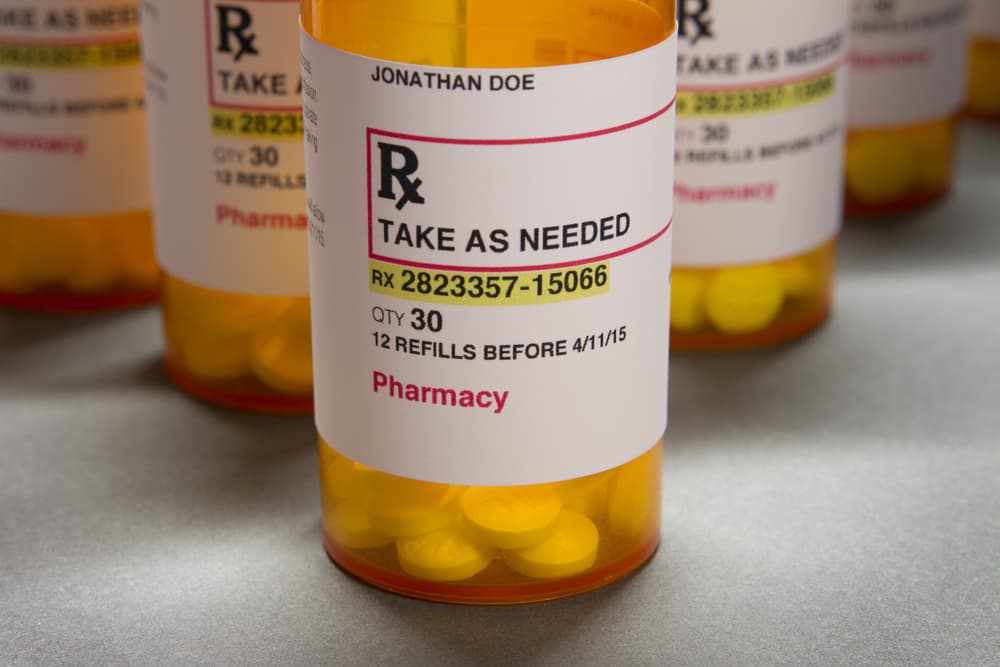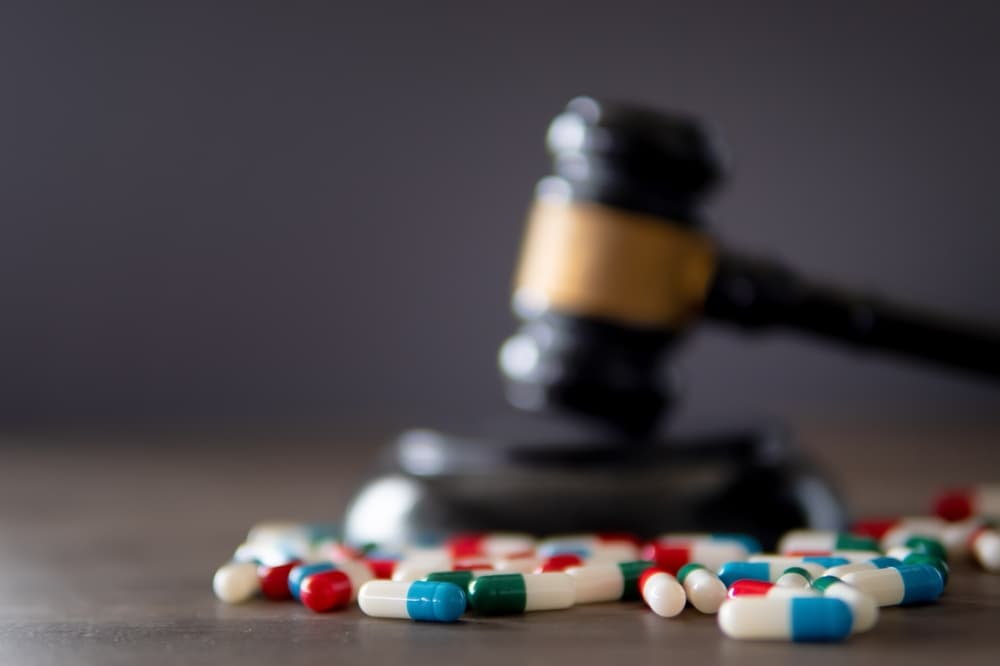Prescription drug charges are serious and can result in imprisonment, heavy fines, and a permanent criminal record. They can arise from many situations, such as possessing a controlled substance without a valid prescription, forging or altering a prescription, or distributing prescription drugs illegally.
Understanding the drug laws and building a strong defense can be overwhelming when facing such charges. That’s where a drug crimes attorney comes into the picture. This guide explores the complications of prescription drug charges and how a drug crimes attorney can help protect your rights and get the best outcome for your case.
Getting the Right Legal Defense
You can feel overburdened if you’re facing prescription drug charges. That’s why it’s essential to retain the proper legal representation. By retaining the services of a legal advocate, you can make a more informed decision on how best to proceed.
Your lawyer will assess the strengths and weaknesses of your case and explain the possible consequences or outcomes. By seeking legal guidance, you have the best chance of achieving a better result.
What are Prescription Drug Charges?
Prescription drug charges cover a wide range of offenses related to the illegal possession, use, or distribution of controlled substances. The charges can vary in severity depending on the drug type and quantity of drugs involved, your intent, and any prior criminal history. Some standard prescription drug charges include:
- Possession of a Controlled Substance Without a Valid Prescription: This charge applies when you’re found in possession of a controlled substance without a legitimate prescription from a licensed doctor.
- Forging or Altering a Prescription: This charge involves falsifying or modifying a prescription to get controlled substances illegally.
- Distribution of Prescription Drugs: You will be charged if you sell, trade, or give away prescription drugs without authority.
- Doctor Shopping: This charge involves getting multiple prescriptions for controlled substances from different doctors without disclosing the other prescriptions.
What a Drug Crimes Attorney Can Do

A drug crimes attorney is focused on defending individuals charged with drug-related crimes, including prescription drug offenses. They have in-depth knowledge of drug laws, court procedures, and effective defense strategies. A drug crimes lawyer can help in the following ways:
- Case Evaluation: A drug crimes attorney will evaluate your case, including the evidence against you, the case factors, the instances of your arrest, and any legal defenses.
- Protecting Your Rights: A drug crimes attorney will ensure that your rights are protected from arrest to the final court hearing.
- Building a Strong Defense: A drug crimes attorney will develop a defense strategy tailored to your case to minimize the charges or obtain a dismissal.
- Negotiating with Prosecutors: A drug crimes attorney can negotiate with prosecutors to reduce charges, get a plea bargain, or explore alternative sentencing options.
- Court Appearance: A drug crimes lawyer will appear with you, present your case, cross-examine witnesses, and legally support your best interests.
Early Intervention is Key
Seeking legal representation from a drug crimes attorney as early in the process is necessary. Early intervention allows your attorney to gather evidence, interview witnesses, and build a strong defense while the case is still in its early stages. Delaying legal representation can jeopardize your rights and limit your attorney’s ability to defend you.
Consequences of Prescription Drug Charges
A conviction for a prescription drug charge can have severe and long-lasting consequences, including:
- Imprisonment: Depending on the charges, the severity of the charge, and the individual’s criminal history, a conviction can result in jail or prison time.
- Finances: Convictions can also result in heavy fines, causing further financial hardship.
- Criminal Record: A criminal record can affect employment, housing, and other aspects of life.
- Loss of Professional License: Certain professions, such as healthcare and law, may revoke or suspend professional licenses upon a drug conviction.
- Social Stigma: A drug conviction can result in social stigma and damage to one’s reputation.
Alternative Sentencing Options
In some cases, individuals facing prescription drug charges may be eligible for alternative sentencing options, including:
- Drug Court: Drug court programs provide treatment and rehabilitation services for individuals struggling with substance abuse.
- Probation: Probation allows individuals to remain in the community under supervision and comply with certain conditions, such as drug testing and counsel in specific.
- Community Work: Community work is unpaid charity or government agency work.
Possible Legal Defenses
People facing prescription drug charges can use different defenses. One common defense is to prove that the person had a valid prescription. If they can prove they had a legitimate drug prescription, the court might drop the charges.
Another defense involves challenging how the police obtained the evidence. The court will not accept the evidence if law enforcement broke the rules during a search.
Defendants can also argue that they did not knowingly possess the drugs or that someone else was responsible for the crime.

Let’s look further at how a drug crimes lawyer might defend your case.
- Valid Prescription: A cornerstone defense for many prescription drug charges is proving you had a legitimate prescription for the medication in question. Presenting a valid prescription from a licensed healthcare provider can significantly weaken the prosecution’s case and potentially lead to the charges being dropped. This defense strategy highlights the importance of keeping your prescriptions up-to-date and accessible.
- Challenging the Evidence: The Fourth Amendment to the U.S. Constitution protects individuals from unreasonable searches and seizures. Suppose law enforcement officers violated your constitutional rights during a search or seizure that led to the discovery of the drugs. In that case, your attorney can challenge the admissibility of the evidence in court. If the court determines that the evidence was obtained illegally, it may be excluded from the case, which can significantly impact the prosecution’s ability to prove its case.
- Lack of Knowledge: In some cases, you can argue that you were unaware that you possessed the drugs or that you didn’t know the nature of the substances. This defense strategy might be applicable in situations where you were carrying someone else’s bag or package without knowing its contents or where you were prescribed a medication that was mislabeled or mixed up with other drugs.
- Shifting Blame: If you believe that someone else was responsible for the drugs in your possession, your attorney can move the blame to that individual. This defense strategy requires evidence, such as witness testimony or surveillance footage, to support your claim.
It’s important to remember that the specific defense strategies available to you will depend on the unique circumstances of your case. Consulting with an experienced criminal defense attorney is vital to understanding your legal options and building a strong defense.
A skilled drug crimes attorney can provide invaluable guidance, protect your rights, and fight for the best possible outcome in your case.
Speak to a Drug Crimes Attorney Right Away
By understanding the charges against you, exploring potential defenses, and seeking legal representation early on, you can better face the challenges of the legal system. Together with a drug crimes defense attorney, you can work towards a more positive future.

